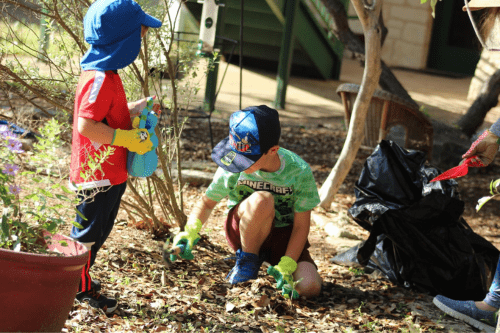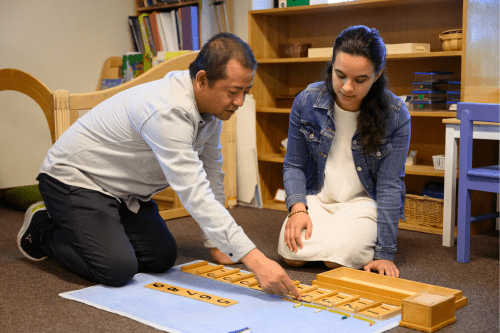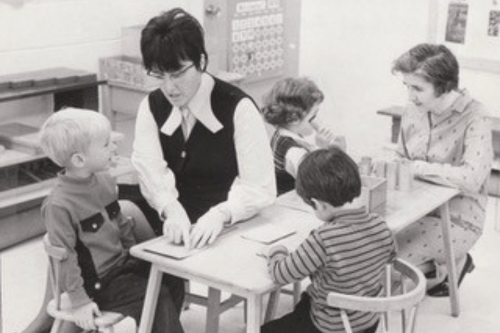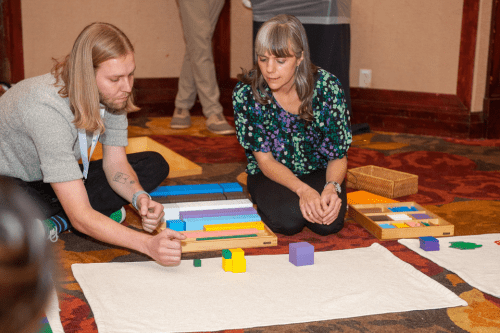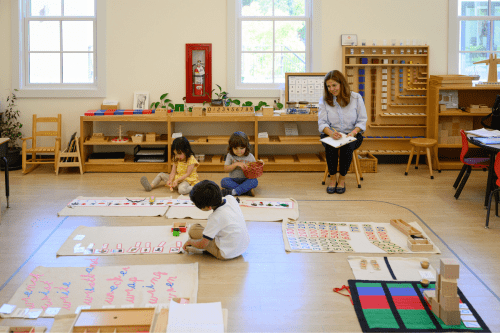Sharing Difficult News With Children And Adolescents

If you’re a parent or a teacher, you’ve been there. When no one else can do it for you, you’re faced with the uncomfortable task of telling your child or student about a death in the family or a team they didn’t make the cut for. While you’d love to send the word in an email and avoid the tears or anger that follow, you know there’s no one better to play the role of messenger.
As an adult, experience tells you that this won’t be the first time your child will have to cope with things not going their way. Yet is there anything you can do that will make sharing difficult news easier?
According to Lisa Rutigliano, the AP psychology teacher at Valley Stream Central High School, timing is everything. “It’s important not to feel rushed,” she says. “The child should be in a good frame of mind. You don’t want to add fuel to a negative moment, but you don’t want to take away from a positive moment either. As kids get older, their memories are based on associations. You don’t want them to associate bad news with otherwise happy occasions.”
It’s not a good idea to break the bad news while your child is hungry or stressed over homework. Yet choosing the moment when your family is getting ready to dive into the Thanksgiving turkey isn’t good for their long-term development either. While there’s no ideal instant, you might want to wait until your child has completed their responsibilities for the day and is getting ready for some free time. This could give them a space to process what is going on in a way that will become a coping strategy for them.
“It’s critical to be honest when you share bad news,” Rutigliano says. “You need to take your child’s questions and concerns seriously.”
Sugarcoating a death in the family, for example, can come across as disrespectful. You want to be forthright in explaining that your child can’t visit Grandma anymore. Let them know that you understand their feelings, and they are completely normal. Yet feeling bad doesn’t mean that they will never be happy again, or that they can stop living with character. If you convey your belief that your child will learn and grow from the experience, they will be empowered to handle it in a mature way.
This is where modeling coping skills is so important. It’s okay to show your child that you yourself are sad, but you are not hopeless. Speak to your children in a way that conveys regard for their feelings as well. If they ask questions about death or failure, honor their experience by answering them as best you can. In situations where you don’t know all the answers, it’s fine to admit you aren’t an expert. This also shows children that their confusion is nothing to be ashamed of. If necessary, enlist the help of a professional trained to help kids process negative emotions.
Provide as much reassurance as you can. Let your child know you believe in them, or take a day off of school so you can go shopping or get ice cream together. You want to show your child that it’s okay to take care of themselves when something is overwhelming to them. As they get older and deal with break-ups, career setbacks, or family issues, they will remember how important self-care is in helping them stay healthy.
As parents and teachers, we are learners too. Sharing difficult news with children can teach us a lot about ourselves and our journeys. With the right approach, you can set your child on the road toward capable, well-rounded adulthood.
About the Author
 |
Rebekah Yahoves is a string teacher from Long Island, New York. She writes for several local publications and spends her free time with her three adopted children and good books. |
Interested in writing a guest post for our blog? Let us know!
The opinions expressed in Montessori Life are those of the authors and do not necessarily represent the position of AMS.







